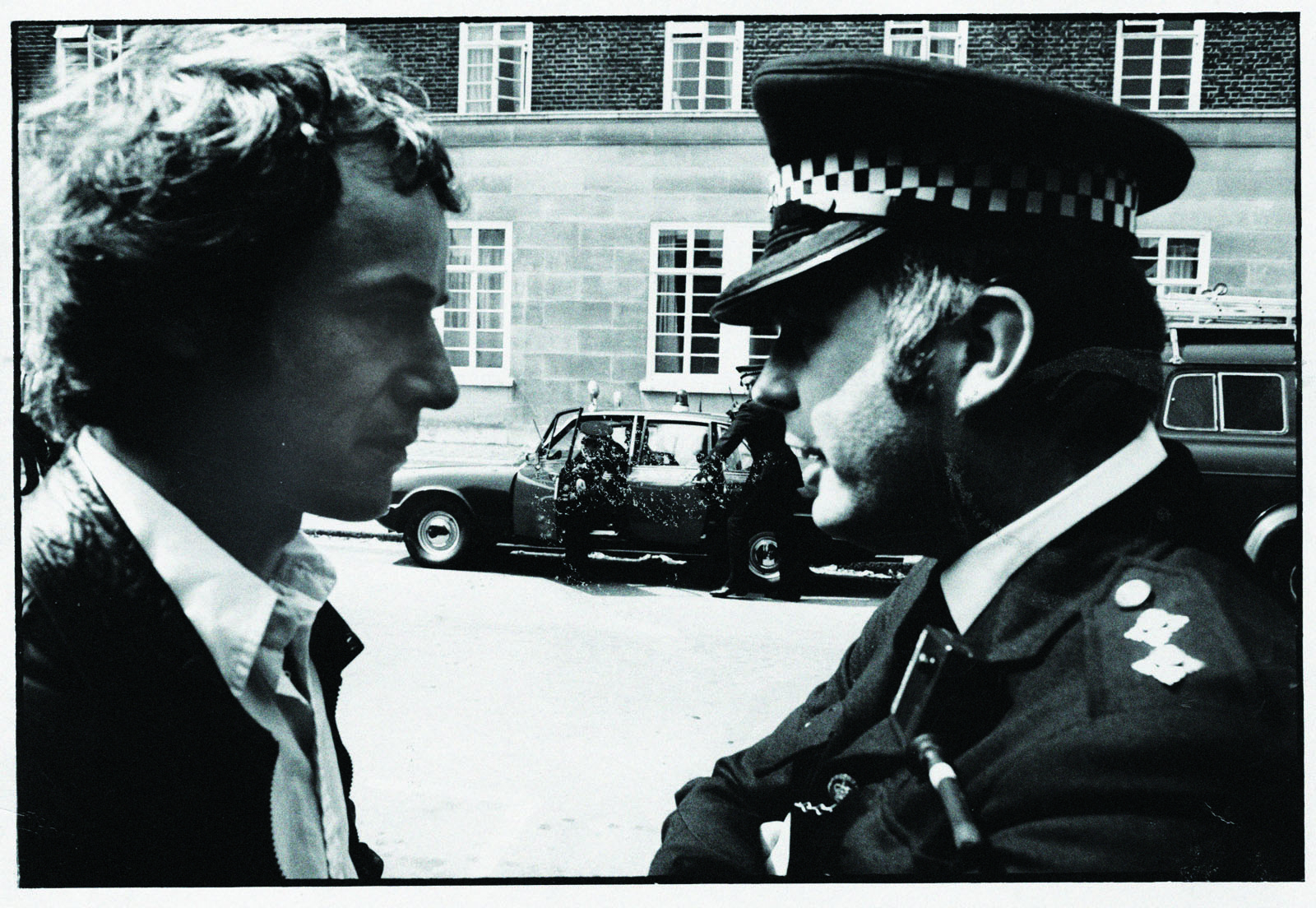A new report by a criminal justice watchdog has found evidence of entrenched police violence that disproportionately targets people from ethnic minorities across Europe. The findings by Fair Trials confirms that justice ‘does not apply neutrally and equally’, and provides evidence of structural discrimination and racism, calling for an ‘urgent’ need for reform.
The main finding across Belgium, Bulgaria, Greece and Romania was that police violence disproportionately targets people from ethnic minorities. In Greece, 82% of those who reported being subject to, or having witnessed others experiencing, police violence identified as other than Greek. A respondent in Belgium described police violence ‘as the norm for years. Blows when you’re handcuffed, arrests where they pin you to the ground and the police officer puts his foot on your throat to immobilise you.’ In Belgium, people of African descent were twice as likely to experience violence than people of Western European descent.
Violence within police detention settings was described as a ‘constant problem’ leading to an ‘unsafe climate’ for ethnic minorities reporting police violence through formal mechanisms. The findings clearly demonstrate low levels of reporting, with some respondents describing it as pointless. In Greece, only half of respondents submitted a complaint about the violence they experienced, caused by fear of retaliation or a lack of faith in a system that fails to protect them.
There was also a clear failure to enforce procedural rights, including access to legal assistance. The report reveals a ‘box ticking exercises’ that allows ‘a deeply flawed criminal process to look fair on paper.’ In Romania, whilst 86% of respondents reported having legal assistance, it would be ‘misleading’ to describe it as promoting fairness, with many viewing it as a mere ‘formality’. Across the four countries surveyed, many reported receiving limiting information about their rights as well as in languages that they did not understand.







